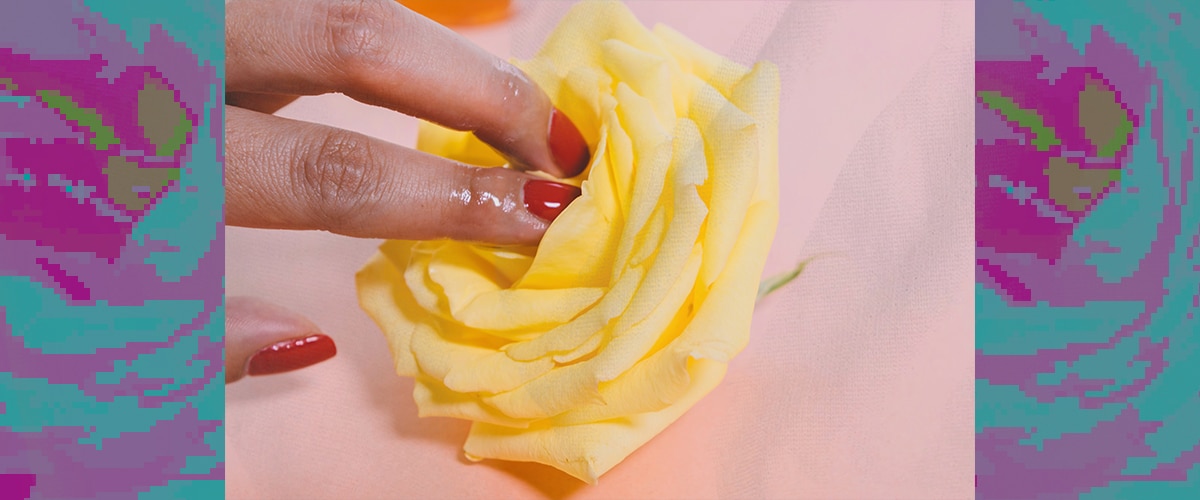WHILE losing your virginity in the past may have been a big deal, most people nowadays might be more shocked if you still are one.
A virgin is, essentially, someone who’s never had sex. While there may be some variations toward what someone considers to be their “first time,” being a virgin is often associated with purity, often for religious reasons.
The Bible, for example, tells you that you shouldn’t have sex until you’re married. And in a country like the Philippines where a majority of the country holds onto rather conservative values, any mention of premarital sex and you’re opening yourself to a world of scrutiny and judgment.
With the rise of more liberal values in the Philippines, certain beliefs surrounding what were once considered to be taboo topics are starting to change.
Nowadays, no one bats an eye if you say you’re heading out to hook up with a guy you just met on Bumble, or if you start sucking face after a few shots at the bar.
The question that stands now, though, is this: Today, does the idea of one’s virginity – or rather of keeping it “safe” – still matter to people, particularly to Gen Zs? Or is it something that’s grown archaic, to be left behind by generations to come?
Gen Z perspective
For 22-year-old Aleeza Paras, virginity is solely a religious and social concept. She feels that having sex for the first time doesn’t make you lose anything: she likens it to losing your first kiss, albeit in a more intimate way.
“It’s very conceptual – a typical social construct formed because people have varying generations, social and religious beliefs, and personal choices,” she shares.
She understands that people from different generations still see virginity as important because they feel that they must remain chaste before marriage, probably because this is what their religion tells them.
Some see premarital sex as a sin, though that belief is slowly subsiding with the new generation.
She explains that others simply haven’t had sex as a personal choice.
“People use this term as a way [to] be clean or innocent, a conservative standard where people generalize individuals who aren’t virgins anymore [to consider them as] outcasts to society,” adds 20-year-old Jacob Kenneth Mateo.
“As we develop our morals throughout the years, the idea of virginity through our country’s conservative perspective doesn’t matter anymore.”
While Paras doesn’t mind if her partner’s no longer a virgin, what matters to her is their “body count,” solely because she would like to reduce the risks of her getting an STD.
Mateo feels that this doesn’t matter either – that it shouldn’t be a requirement for a person to become your partner, and that what really matters is faithfulness, communication, and love.
24-year-old Dayne Entila shares similar sentiments, saying that whether someone is a virgin or not doesn’t affect how they behave or act, and people should mind their own business.
“They [had] a life before they met me, and it’s better to accept them for who they are at that moment; besides, it’s still them, it’s their life,” he explains.
20-year-old Kataleyah Anais Ramos, on the other hand, links holding onto your virginity with preserving your energy and honoring meaningful connections.
She explains: “My commitment to retaining my virginity is grounded in personal values, and a desire to share this intimate aspect with someone who holds similar sentiments.”
She prefers her partner to be a virgin when they meet. She claimed that it would matter to her if her partner weren’t a virgin.
Of the 31 people asked by republicasia for this story, it was found that only 6% felt that virginity mattered to Gen Zs, while 81% felt that it did not.
Those interviewed who still valued virginity felt that it was important not because of religion or because of a view that sex is taboo, but rather because of a desire to align their values with their partner and keep their energy safe.
The concept of virginity may not matter as much as it used to but there are still some who feel that it’s important even in today’s generation, albeit for different reasons.
As Ramos says: “The significance of sharing this experience exclusively with each other adds a layer of meaning and perfection to the connection I seek in a relationship, [and] I value sharing the experience of intimacy with someone also experiencing it for the first time.”
How useful was this post?
Click on a star to rate it!
Average rating 0 / 5. Vote count: 0
No votes so far! Be the first to rate this post.
We are sorry that this post was not useful for you!
Let us improve this post!
Tell us how we can improve this post?






